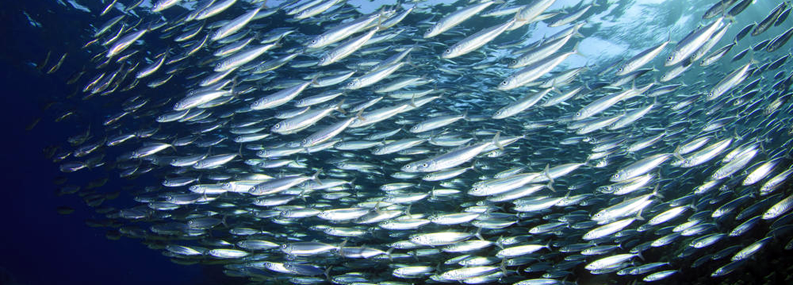I cannot over emphasise the importance of our oceans. Not only do they provide a vital source of protein, a playground for recreation and our first line of defence against climate change, it is estimated that some one billion people rely on the oceans for their livelihood.
A new analysis of global fish catch published this week by scientists at the University of British Colombia serves as a timely reminder of the contribution that fishing makes to food security and the potential it has to damage marine ecosystems if not managed effectively.
The findings make a strong case for the need for sustainability and good management of our oceans resources. Something that the MSC program is tackling across the world.
The decline of industrial catches
The study concludes that industrial catches have been declining since the late 1990s. Although the researchers do not elaborate on the reasons for the observed declines in catches and discards, the peak of the industrial catches – in the late 1990s– coincides with the start of the recovery of many well managed stocks. Managed recovery usually requires a reduction in fishing effort, allowing stocks to recover to more sustainable levels, so the decline in catches since 2000 may be reflecting the success of sustainable management.
The reported inflection point also coincides with the launch of the MSC’s Fisheries Standard. Its principles have now been used to assess almost 300 fisheries, responsible for around 10% global wild fish harvest, and have generated environmental improvements in most of them.
In 2012, the first comprehensive analysis of fish stocks targeted by MSC certified fisheries was conducted. The study, published in the journal PLOS ONE, is the most detailed quantitative assessment to date of certified, wild-caught seafood in relation to the biological sustainability of targeted stocks.
Sustainable fish stocks
Stock sustainability is a fundamental part of the MSC Standard, and the analysis confirmed that stocks targeted by MSC certified fisheries were in general more abundant, and harvested less intensively, than those targeted by non-certified fisheries.
Like Pauly & Zeller, the authors of the new analysis, we also recognise that many small-scale and developing world fisheries do not have the data to monitor fish stocks as accurately as their industrial counterparts. To tackle this global issue, the MSC is engaging with increasing numbers of small-scale fisheries to develop tools and alternatives methods for measuring and improving the sustainability of their practices.
The MSC program does not of course claim responsibility for the turnaround in global stocks, but along with other actions – such as those taken by global bodies such as FAO, by national administrations, and by industry and non-Governmental Organisations – it has provided a significant incentive for fisheries to become, and remain, certified as sustainable.

